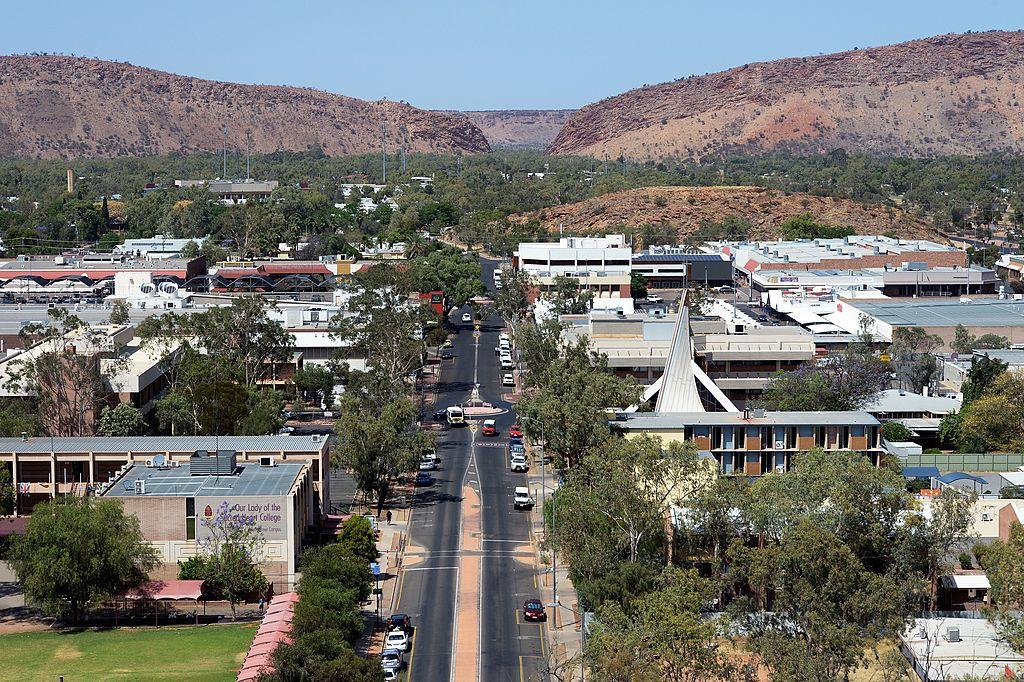Australian Prime Minister Anthony Albanese, the Minister for Indigenous Affairs Linda Burney, and the Northern Territory’s (NT) Chief Minister Natasha Fyles are set to visit Alice Springs amidst accelerating rates of crime, violence, and lawlessness, which have been labelled as a crisis by the town’s authorities.
Federal Minister for Government Services Bill Shorten told Sky News on Jan. 24 that the situation in Alice Springs warrants immediate attention from the federal and territorial governments and no heavy-handed response.




